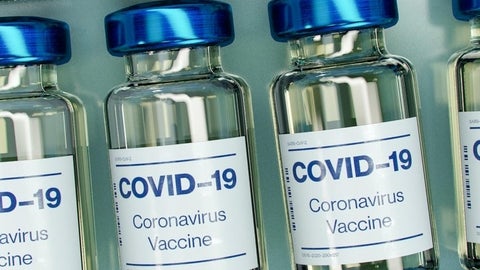
Q and A with the experts: Pfizer vs. Moderna and how vaccinating against COVID-19 will work
Pfizer and Moderna announced in recent days that they have vaccine candidates that are over 90 per cent effective in preventing the COVID-19 virus.
We talk to Professor Kelly Grindrod, Canada’s Pharmacist of the Year and an expert in vaccines, to unpack which vaccine will work, the logistics of distributing them, and how long it will take for Canada and the world to go back to “normal.”
What is the difference between the Pfizer vaccine and the Moderna vaccine?
With the Moderna and Pfizer announcements over the last week, it appears we now have two promising vaccine candidates. Both vaccines use engineered RNA, which is a new approach for vaccine development. Pfizer’s vaccine is the result of a partnership with German biotech company BioNTech. Moderna, which is an American biotech company, developed their vaccine together with the U.S. National Institutes of Health as part of the country’s Operation Warp Speed program.
The vaccines appear to have similar efficacy, with the Pfizer vaccine claiming to be 90 per cent effective and Moderna claiming nearly 95 per cent efficacy. It is far too early to say if that 5 per cent difference is a true difference as these are still early days. However, a big difference worth noting for the Moderna vaccine is that it does not appear to require the ultra-low temperatures to be stored that we heard about with the Pfizer vaccine. This bodes well for both vaccines as it suggests mRNA vaccines can be manufactured to be stable at normal vaccine storage temperatures.
How likely is it that the Pfizer and Moderna vaccines announced recently will be effective in preventing COVID-19?
The announcement by both companies is promising but we need to be cautiously optimistic...
Read the full Q and A on the Waterloo Stories website.